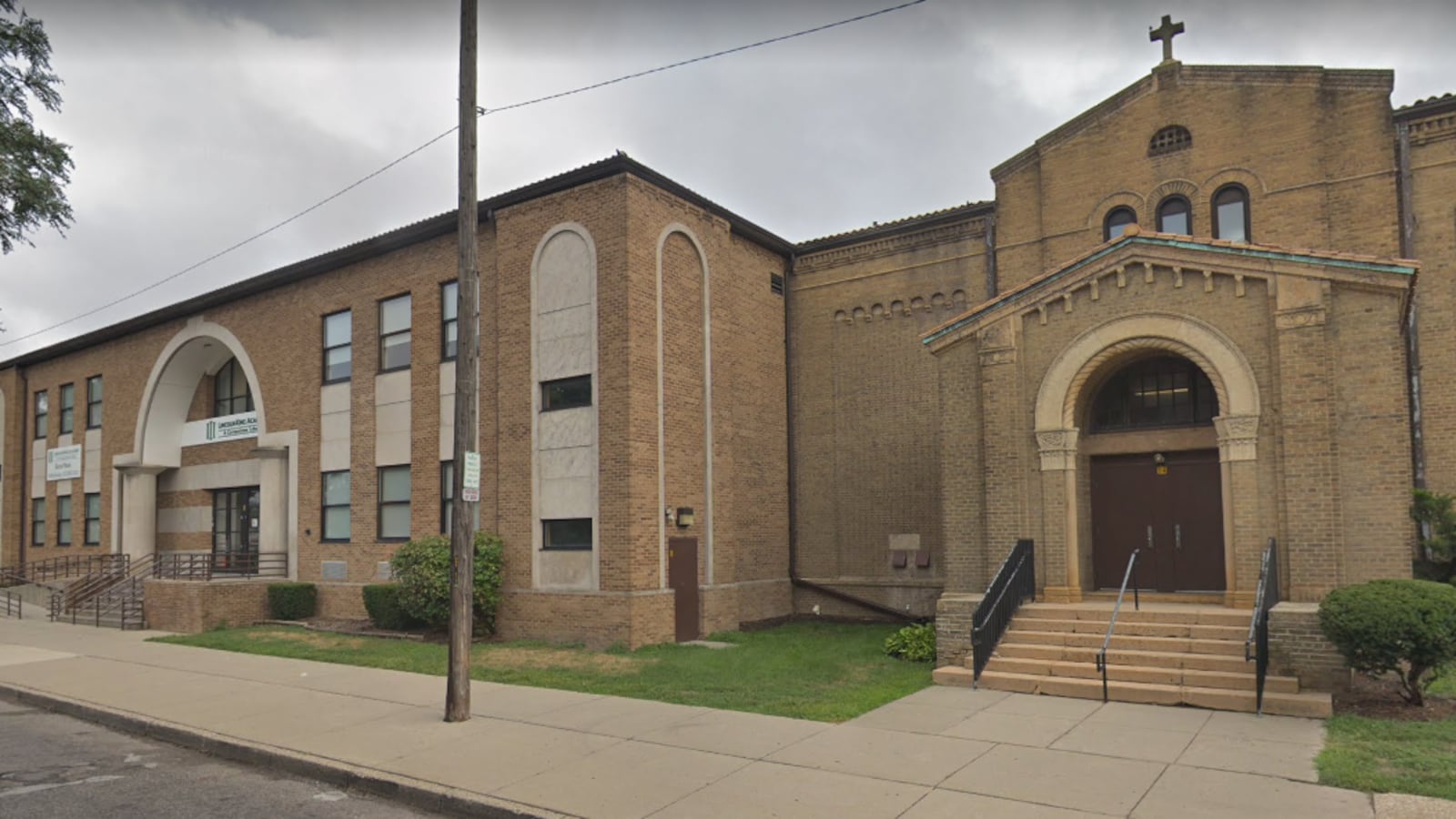One charter school will expand in Detroit this fall and another is slated to open its doors for the first time, a muted end to a decade that began with an unprecedented rush to create new schools in the city.
Some charter authorizers — the people who decide whether charter schools can open in Michigan — see a trend.
“We decided a long time ago that we needed to focus inward and look at the current schools that we had” in Detroit instead of opening new ones, said David Lewis, president of the charter school office at Saginaw Valley State University, which authorizes 10 schools in Detroit.
He said that when authorizers are asked to approve a new school in Detroit, they think hard about “whether or not Detroit needs additional schools. What Detroit needs is quality schools.”
Critics complained for years that the city needed better schools — not more schools. New charters, they said, pitted schools against each other in a competition for the more than $7,500 in state funding that comes with each student, forcing schools to waste precious dollars on recruitment.
Some advocates would like to see Detroit follow the example set by cities like New Orleans, where a central authority determines where and when schools can open. But an attempt to create a similar system in the city drew the objection of the charter school movement and was voted down.
That means authorizers — generally public universities, who take up to 3 percent of schools’ state revenue in exchange for providing oversight — are left to make those decisions in Detroit.
In recent years, the number of new schools has dropped. Between 2011 and 2014, 38 new schools were approved in Detroit. Over the next four years, only 13 schools opened in the city.
Lewis says the authorizers have begun sharing details about potential schools in recent years, an attempt to make sure they only open schools where they’re needed. Authorizers must navigate the education landscape in a city where some neighborhoods are “school deserts,” while others have plenty of classroom seats and few quality options.
“The level of transparency has increased,” Lewis said, noting that authorizers consult with the mayor’s office and IFF, a national nonprofit that has studied school deserts, before opening a new school. IFF has an office in Detroit.
“We work together to ensure that the Detroit school system, and that includes the charter and the traditional public schools, offers quality choices,” he said.
Other say the shift is driven by disillusionment with the charter movement. Families were infuriated when Delta Preparatory Academy for Social Justice, a charter high school that opened in 2014, unexpectedly shut its doors in September.
“A large factor is that charters have lost their sheen, in part because of the charter scandals that have rocked Michigan and other states, and in part because they haven’t produced the results they promised,” Tom Pedroni, an education professor at Wayne State University, said.
Four authorizers have sought the national endorsement they need to open new schools in Detroit. One of them, Central Michigan University, has given the go-ahead to Orchard Academy to open in the fall. Set to start as a K-2 school with 75 students, it could eventually expand to a K-12 school.
In a statement about the school, the university’s charter office said Orchard Academy would have multi-age classrooms, and that it would embrace the concept of “mastery learning,” where subjects are divided into steps, with students advancing at their own pace.
The charter office at Grand Valley State University plans to expand an existing school, Lincoln-King Academy. Currently a K-8 school, Lincoln-King will be divided into two buildings, one housing grades K-5 and the other grades 6-8. The addition will expand the schools capacity from 700 to 1,200 students.
Saginaw Valley and Ferris State University don’t plan to open new schools this year.
Janelle Brzezinski, a spokeswoman for the charter office Central Michigan, said the organization has not changed the way it evaluates new charter applications. Her organization authorizes 13 schools in Detroit.
“It depends on the applications we receive in the office,” she said, adding: “We review them for need in the community and to make sure they provide a quality option.”

